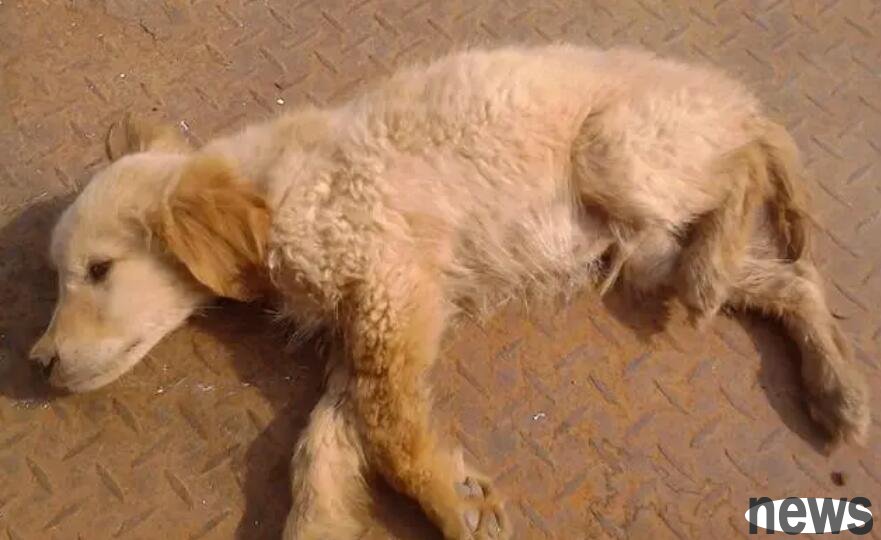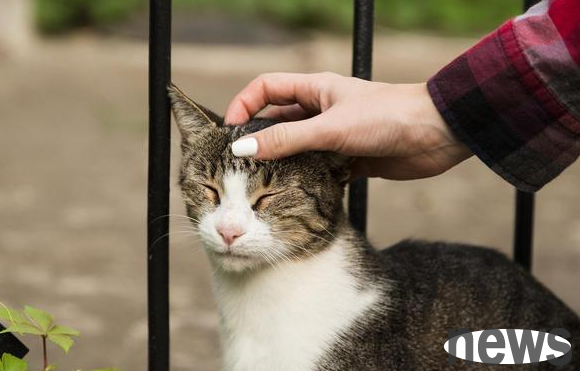Is the dog twitching while sleeping?
There are many factors that cause dogs to twitch when sleeping, which may not be canine distemper. Canine distemper is very likely to cause high fevers and other conditions. Pay attention to the dog's condition. Canine distemper usually follows abdominal breathing, that is, the stomach is thrusts, which is caused by dogs' difficulty breathing, not convulsions. Dog distemper, in principle, is caused by green autonomic nerve damage, and the symptoms are not manipulated tendon cramps.
The difference is whether the dog plague convulsions
The dog plague convulsions are in the basic principle. The symptoms are not manipulated muscle cramps, the location is relatively consistent, and the condition develops rapidly, accompanied by pain. If the main manifestations are relatively stable and cannot be seen intensified, they can be solved as a complication.

Differential small inhalation and convulsions
Pulmonary infection canine distemper usually follows abdominal breathing, that is, the stomach is thrusts. This is caused by dogs' difficulty breathing and is not convulsions. Once the dog improves, the abdominal breathing condition will improve. Dog owners don't worry.
The limbs are convulsed, and there is an involuntary and automatic tremor in part or a certain body:
The regular and frequent shaking, the dog's expression is uncomfortable, and it is multiple paroxysmal, which is more serious. It is 24 hours a day.
The disease develops rapidly, and it becomes twitching all over the body.

Nosing empty chewing
Nosing empty chewing refers to the dog's regular nodding and teeth-touching. This is the main manifestation of viral infection that has long invaded the human brain. It is a serious end-stage canine distemper. You must go to the hospital immediately.
Foottish
What does a dog twitch? Foggy twitching is also one of the signs of the end of dog plague. It is generally not easy to occur independently. It will twitch along the top of the head, or other diseases.
atoxygen
In addition, there is also a condition in which dogs develop neurosis, such as excitement, crazy running, stuttering, etc. This is attributed to dogs' cerebellar ataxia, and it is also a symptom of cerebral hemorrhage in dogs. It can occur at the same time as convulsions, and can also occur independently and belong to relatively serious terminal diseases.
The lack of calcium in dogs can also cause convulsions.




